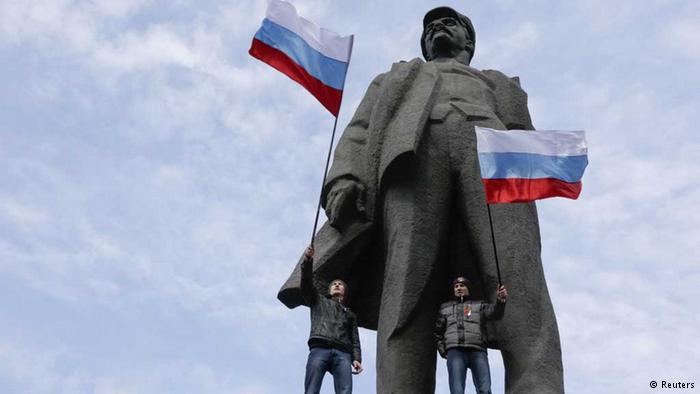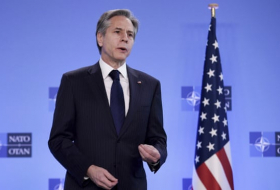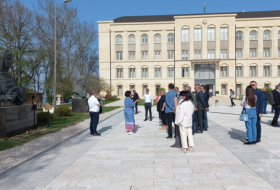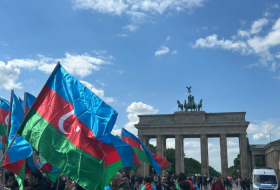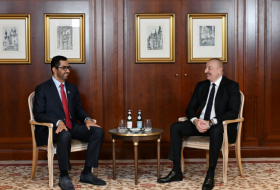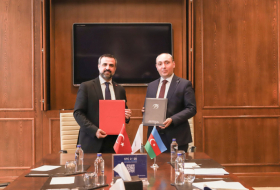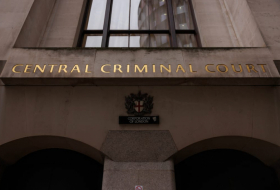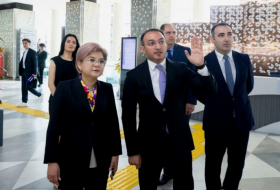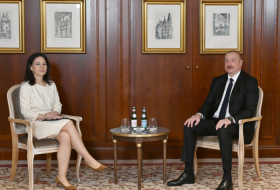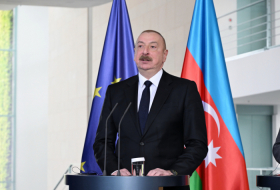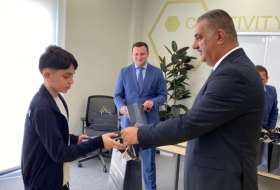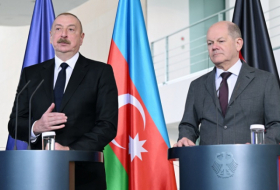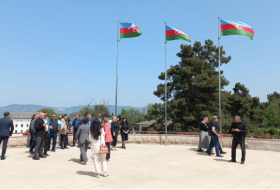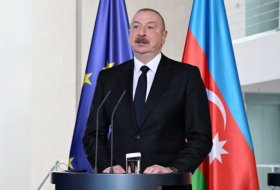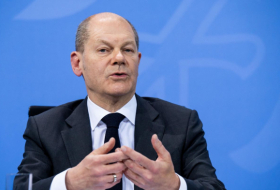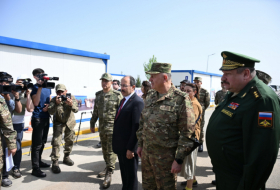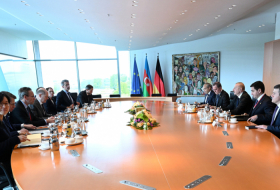The reason is the so-called "decommunization law" passed by Kyiv`s parliament in April 2015. It sets the Communist regime on par with National Socialism and forbids the "propaganda of it symbols." Not only are Lenin statues or those featuring hammer and sickle disappearing, entire cities, villages, streets and squares are being renamed.
Revolution Square is now Rose Square
Something similar happened in the new federal states of Germany following the fall of the Berlin Wall, when for instance, Karl Marx Stadt in Saxony got its old name of Chemnitz back. This new push to rename in Ukraine, however, is much more comprehensive. Ukraine has not experienced so many changes to toponyms, as city names are called by specialists, since it gained independence from the Soviet Union in 1991.
Numerous municipalities, villages and subway stations reminiscent of the October Revolution that shook the Russian Empire in 1917, or of former heroes of Soviet Russia, have disappeared from maps. New, neutral names such as Birch Street, Winter Avenue or Rose Square are especially popular. Yet, recent events are also leaving their mark. Several streets have been named after people who died during the Maidan protests in Kyiv two years ago, or were killed fighting against pro-Russian separatists in Eastern Ukraine.
Last fall, the idea of renaming Povitroflotski Prospect in Kyiv after Boris Nemtsov, the Russian opposition politician shot down in Moscow in February 2015, caused a great stir. Kyiv Mayor and former world heavyweight boxing champion Vitali Klitschko supports the idea. It is unclear whether it will in fact happen. Interestingly, Povitroflotski Prospect is also the home of the Russian Embassy.
Problematic names originating from the Russian Empire
Renaming is proceeding differently throughout Ukraine`s various regions. In Western Ukraine, where few places had Communist names, the process has already been completed. The Ivano-Frankivsk area is generally thought to have led the region in this process. There were also surprisingly quick decisions made in parts of Eastern Ukraine, which was very much characterized by its Soviet past. There, the city of Artemivsk, famous for its sparkling wine, was renamed Bakhmut in September of 2015, after the nearby river of the same name.
Two regional capitals are considered problematic cases: Kirovgrad and Dnipropetrovsk. Kirovgrad was named after murdered Soviet revolutionary Sergey Kirov in 1939. The city presented seven suggestions for possible new names at the end of 2015. The parliamentary committee responsible for such cases chose the name Inhulsk: The river that flows through the city bears a similar name. But city officials were unhappy with the choice and asked that the decision be postponed. The call emanated from the desires of the city`s residents. Most of those residents would prefer that the city`s original name be used. In an October 2015 opinion poll, more than two-thirds of those polled voted for a return to the name of Yelisavetgrad (Elizabethgrad) as it was known during the time of the Russian Empire. Yet against the backdrop of the conflict with Russia following its annexation of Crimea, it seems that Kyiv is loath to replace Communist-era names with Russian names.
To this day Dnipropetrovsk, the fourth-largest city in Ukraine, also bears the name of Soviet official Grigory Petrovsky. In this case, too, a return to the original name of Ekaterinaslava, which quite literally means "the glory of Catherine," in reference to Russian Empress Catherine the Great, seems politically troublesome. The parliamentary committee suggested the name Dnipro, the name of Ukraine`s largest river, upon the banks of which the industrial metropolis and regional capital is situated.
Difficult farewell to familiar names
A farewell to Soviet city names meets resistance, above all, from elderly residents as well as those people in Eastern and Southern Ukraine with sympathies for Russia. Many do not want to see change simply because they grew up with these old names and have fond memories of them. "It is about the attempt to erase a big piece of Ukrainian history, one with good times and bad times," Kyiv political scientist Vassil Stoyakin told DW. Another expert, Olexander Paliy, argued that, on the other hand, there have been no large protests against "decommunization."
In a conversation with DW, the German East European historian Karl Schlögel said that he was in favor of the renaming, though he warned against forcing such decisions on residents. "One has to trust that communities themselves can be convinced, and that they also have ideas of their own," says Schlögel. A "snap decision" would be the wrong approach.
More about:








